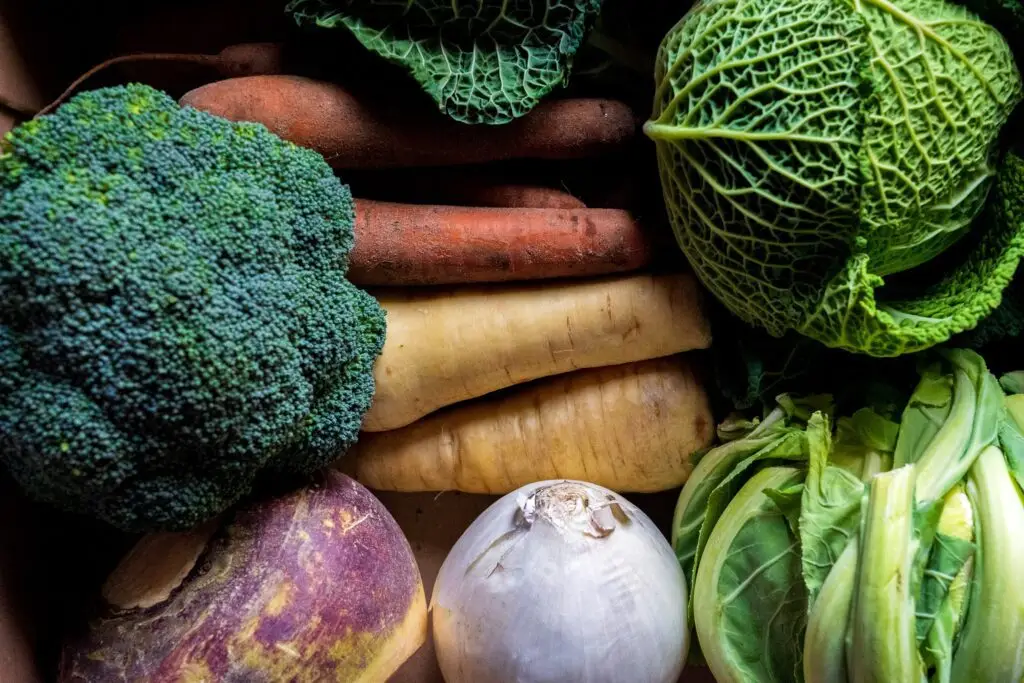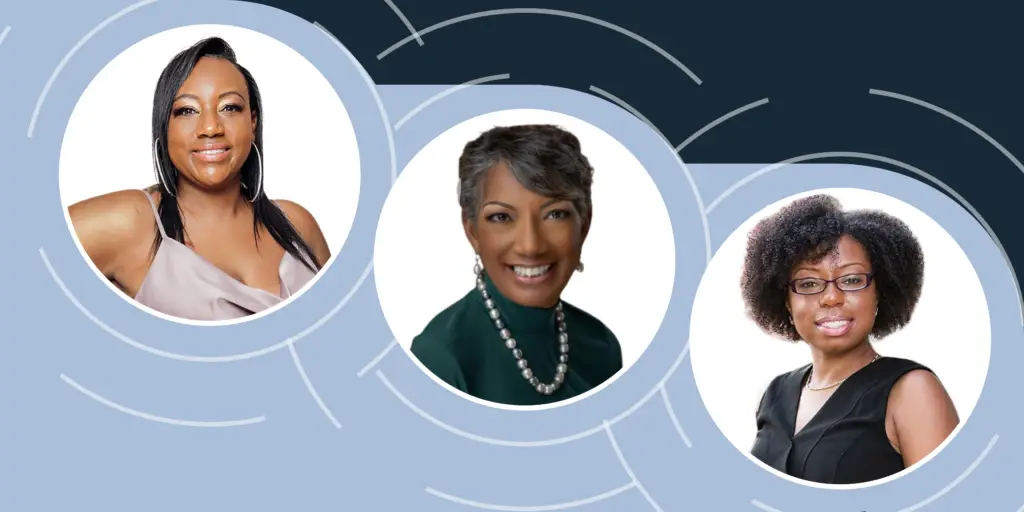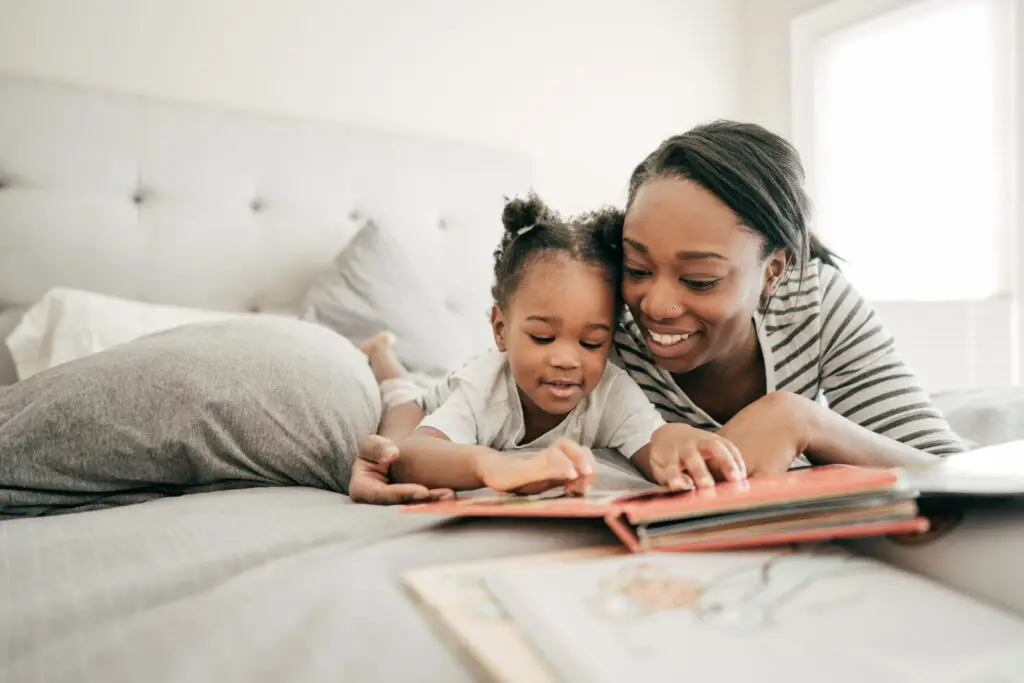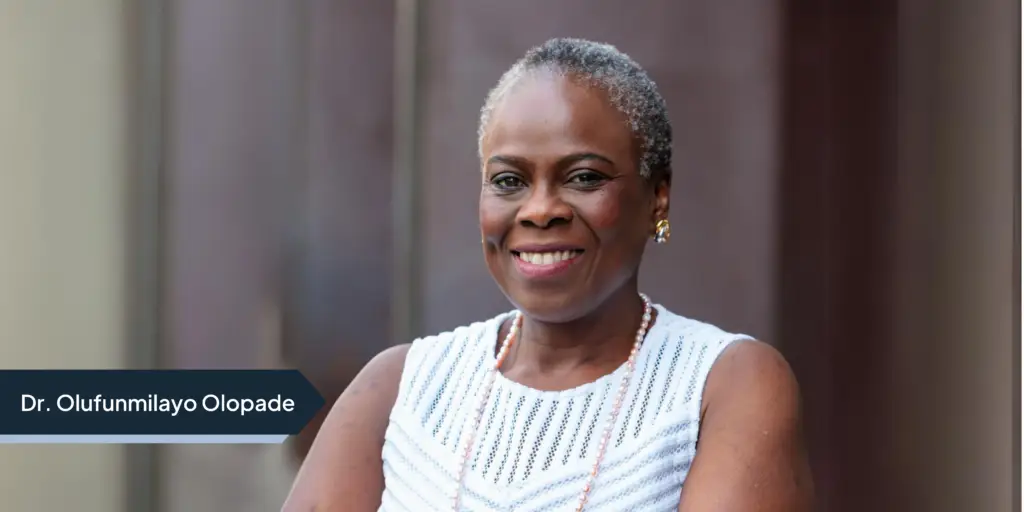When I was first diagnosed with breast cancer, I was lucky to be assigned a full care team: a nurse navigator, a radiologist, a medical oncologist–and more. I was at a big national cancer center, and had access to a robust team. As most people newly diagnosed with cancer will tell you, though, I felt like I had lost control and wanted to be hopeful. I wanted to do something to contribute to my care. But, nobody on my big, highly skilled, and wonderful team had an answer for me when I asked: “Is there anything I can do from a lifestyle perspective, like diet or exercise, to improve my outcomes?” Essentially, the doctors said: “Nothing you eat or don’t eat will matter.” My medical oncologist did share with me that I needed to keep my estrogen low, and so I needed to be mindful of adipose fat–but he didn’t share how to keep that in check. My care team didn’t include a nutritionist, and I wasn’t getting the guidance I wanted or needed from my doctors–so I went online. I wanted to do whatever I could to improve my prognosis.
There’s no shortage of sources online. I was drawn to influencers with millions of followers, including one who claimed to have beaten stage 4 cancer through diet alone, those who were plant-based, and one who declared plants spoke to him and shared their healing properties for cancer.
When I was newly diagnosed, I wasn’t in a good headspace. One influencer was pushing celery juice, and I ended up juicing with celery juice several times a day. When you get too deep into online research, you essentially convince yourself that anything you eat can kill you. I was scared to eat almost anything and was almost exclusively eating grains and a lot of vegetables (that I would saute in a veggie broth because I was afraid of how cooking oil could affect me). Of course, my primary medical team thought this was absurd.
I ultimately lost 22 pounds, from an already petite frame, and that was the trigger for me to get off of the internet and seek out an oncology nutritionist. Now, I have a healthy balance. I’m 90% vegan/plant-based and refrain from dairy–all decisions that my nutritionist has helped me to make. But, I’m lucky to have access to this type of specialist, and the resources to pursue this type of help. I realize that not everyone does, and the internet provides information quickly–but the internet can be a harmful place when you’re vulnerable emotionally.
I know this from experience, so here’s my advice for newly diagnosed cancer patients looking for guidance on how lifestyle changes might influence their treatment plan and ultimate health outcomes:
- Check with your insurance provider, and see if you have coverage for an oncology nutritionist. Most insurance company’s websites and mobile apps will allow you to search by specialty, and then find someone in your area.
- Try to find a support group, in real life, where you can share what you’re feeling and the lifestyle concerns that you have. Many support groups are run by nonprofits that have access to validated resources–ask if there is a nutritional resource.
- Your oncology team should be able to refer you to a social worker within their system. Once you have that connection, leverage it to the full extent. A social worker can help you get access to the information and resources you need related to your diet and nutrition.
- There are some responsible sources that you may find helpful to follow on social media. Nicole Andrews, RDN, The Oncology Dietitian and Cancer Nutrition Specialist, can be found on Instagram @oncology.nutrition.rd and offers virtual consultations for 1:1 support.
Evidence-based guidance powered by NCCN Guidelines®
Personalized treatment plans shaped by the latest oncology standards—tailored to your diagnosis.
Get started
View your personalized treatment plan in the Outcomes4Me app
Use your diagnosis to unlock personalized NCCN Guidelines®-aligned recommendations.
Continue in app
Lastly, be kind to yourself. Navigating a new diagnosis is overwhelming, and it’s frustrating when you’re trying to contribute to your care by making the changes that are in your control–like diet and exercise–and your providers don’t listen, or don’t understand how important this guidance is to you. You don’t have to take no for an answer, but you don’t have to turn to the web, Instagram, or TikTok either. Find a trusted medical resource to be your partner.
Personalized support for real care decisions
Understand your diagnosis, explore clinical trials, and track symptoms--all in one place.
Get started
Compare treatments, prepare for appointments, and track side effects—all in the app
Built for your diagnosis, Outcomes4Me gives you the tools to make confident, informed decisions—right when you need them.
Continue in app






